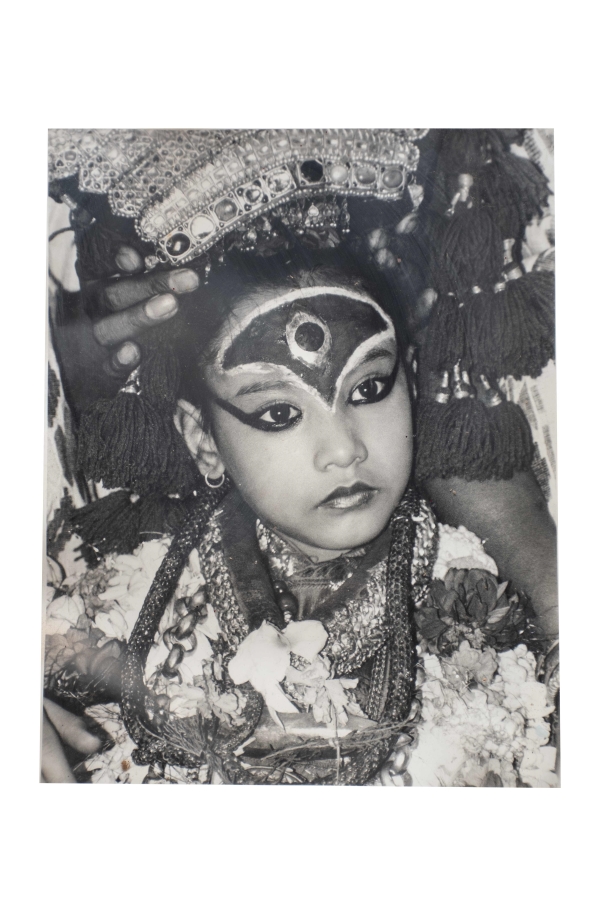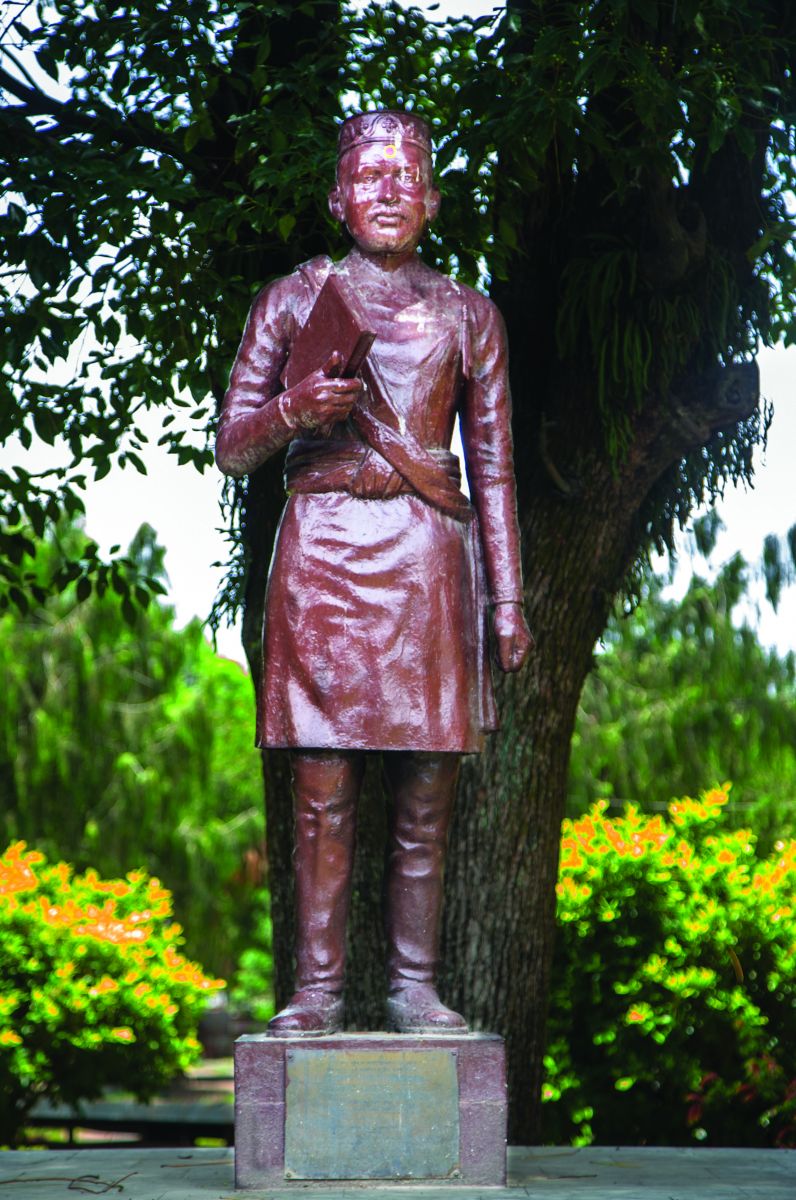This editor’s job includes advising and mentoring the writers on our magazine’s team. I’m constantly looking for good advice to pass along about improving writing skills. Each of our writers is dedicated and talented, and it will amaze many native English speakers that they do it in a language that is their second or third. If I could write half as well in Nepali as they do in English, I’d feel proud. So, while I sometimes come down hard on their English prose, I know that their mistakes are not the death of writing. Meanwhile, we can all learn from the wisdom of our elders, and sometimes even some divine inspiration from one of the Gods of The Word.
 I recently found a little book by one elder, Samuel Freedman, Lessons to a Young Journalist. In the world of journalism, Freedman is an icon. He’s taught writing for over 30 years, has been shortlisted for the Pulitzer Prize and the National Book Award, and is a winner of America’s National Jewish Book Award.
I recently found a little book by one elder, Samuel Freedman, Lessons to a Young Journalist. In the world of journalism, Freedman is an icon. He’s taught writing for over 30 years, has been shortlisted for the Pulitzer Prize and the National Book Award, and is a winner of America’s National Jewish Book Award.
In the chapter of his book simply called ‘Writing’, Freedman describes the fundamental stages of our craft. First, “writing is a series of actions that begins well before fingers tap keyboard and ends well after the mouse clicks on the save and close functions.” It’s a six-step process, he says, beginning at conceptualization and proceeding through reporting, outlining, re-reporting, drafting and revision. ‘Conceptualization’ means understanding in a deep and specific way what the assignment is all about, making sense of the topic and seeking a direction to proceed. ‘Reporting’ involves doing the research that, in turn, must be outlined (in whatever way the writer is comfortable), then re-considered, or ‘re-reported’ so that the effort becomes, in his words, “more specific and pointillistic than the first sally.” This might mean returning to the source for more observation or conducting another interview. Only when the information is all in mind (and in the notebook) does the actual writing begin. “And when that [first] draft is done, you revise it, preferably after having set it aside for a few hours or an overnight, so you can bring a fresh, critical eye.” Freedman makes a great point of revising, knowing that many young writers typically embrace “the ideal of the single draft” (as he did early in his own career), in the belief that “To produce a publishable article in a single pass [is] the very definition of a pro.” Hah! Not likely.
So, what to do? The aspiring writer has two choices, either put in the hard work of rewriting and revising to perfection, or appeal for divine intervention from one of the gods of writing. The choice of a divine muse is wide open. Freedman prefers Troth, the ibis-headed Egyptian god of writing, the deity of journalism, a likeness of which sits on his desk. If you’re not into Egyptian divinities, then Nissaba, the Sumerian goddess of writing and wisdom, is a good choice. The Sumerians invented writing and considered it a divine art brought from heaven by Enki. The Babylonians attributed the invention of writing to Nabu, a descendant of Enki. Or, if you seek a Greek divinity, check out Hermes Trismegistus, or if Roman, try fleet-footed Mercury. Closer to home there’s the ancient Vedic goddess Vac, and Sarasvati, her modern counterpart, the Hindu goddess of learning and the arts and the inventor of the Sanskrit language.
While invoking a deity might make the words flow better, I’m convinced that the writer must ultimately invoke the muse within and take full responsibility for what is passed on to the editor. That product must inevitably be written, then re-written, revised and revised again until the result is, itself, ‘divine’; not just cool or groovy, but superbly well crafted.
(For the record, my muse easily cut this essay in five revisions from 789 to 648 words.) Write on!
Don Messerschmidt may be contacted at don.editor@gmail.com.

The Goddess among Men: Chronicles of a former Kumari
Transition back to regular life wasn't easy for Preeti Shakya, a former Kumari. In that role, she was loved and...










